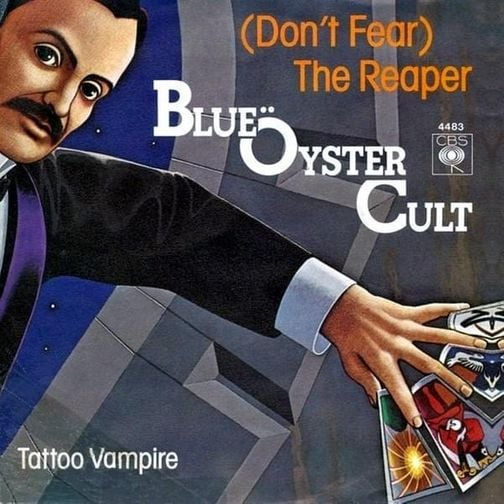
The Mabinogion - Notes to Peredur the Son of Evrawc Unknown Author (Ft. Translated by Lady Charlotte Elizabeth Guest)
"The Mabinogion - Notes to Peredur the Son of Evrawc" is a narrative ballad that explores themes of heroism, identity, and the quest for knowledge. The lyrics recount the journey of Peredur as he faces trials and learns about honor and bravery. The song features traditional Celtic instrumentation, enhancing its mystical quality. Released in the early 19th century, it has contributed to the revival of interest in Welsh folklore and literature. #Folk

81a PEREDUR.--Page 81.
OF the real history of Peredur, nothing is known. It is probable that he fell in the battle of Cattraeth, in the beginning of the 6th century, as Aneurin mentions a chieftain of this name among the slain.
"Warriors marched forth,--unanimously they bounded forward;--
Short-lived were they,--they had revelled over the flowing mead;
The host of Mynyddawc renowned in battle;
Their life was the price of their banquet.
Caradawc, and Madawc, Pyll, and Yeuan,
Gwgawn, and Gwiawn, Gwynn, and Kynvan,
Peredur of steel arms, Gwawrdur, and Aedan.
A defence in the tumult, a shield in the conflict;
When they were slain they also slaughtered.
None to his home returned."
Peredur is frequently alluded to by the Bards of the Middle Ages, in terms illustrative of the high esteem in which his deeds of prowess then were held. Gruffydd ab Meredydd, who flourished about the end of the 13th century, in his Elegy on Tudur ap Goronwy, one of the ancestors of the House of Tudor, thus mentions him:--
"O Bountiful Creator of the radiant sun and waning moon,
Sad is the fall of the chief of valiant deeds,
Eagle of the battle-charge, equal to Peredur,
Tudor, assaulter of the Angles, he who never shunned the fight."
In the old Romances, as Morte d'Arthur, &c., be is celebrated, under the name of Perceval, as one of those engaged in the quest of the Sangreal, in which character he is also spoken of in the Triads, together with Bort, the son of the King of that name, and Galath, the son of Lancelot du Lac.--Tri. lxi. Myv. Ar. II. 14.
Like Owain, his exploits were sung by Chrestiens de Troyes, and they also form the subject of romantic compositions in German, and in other languages of Northern Europe. Our own Chaucer alludes to him in his Rime of Sire Thopas, Cant. Tales, 1384-5--
OF the real history of Peredur, nothing is known. It is probable that he fell in the battle of Cattraeth, in the beginning of the 6th century, as Aneurin mentions a chieftain of this name among the slain.
"Warriors marched forth,--unanimously they bounded forward;--
Short-lived were they,--they had revelled over the flowing mead;
The host of Mynyddawc renowned in battle;
Their life was the price of their banquet.
Caradawc, and Madawc, Pyll, and Yeuan,
Gwgawn, and Gwiawn, Gwynn, and Kynvan,
Peredur of steel arms, Gwawrdur, and Aedan.
A defence in the tumult, a shield in the conflict;
When they were slain they also slaughtered.
None to his home returned."
Peredur is frequently alluded to by the Bards of the Middle Ages, in terms illustrative of the high esteem in which his deeds of prowess then were held. Gruffydd ab Meredydd, who flourished about the end of the 13th century, in his Elegy on Tudur ap Goronwy, one of the ancestors of the House of Tudor, thus mentions him:--
"O Bountiful Creator of the radiant sun and waning moon,
Sad is the fall of the chief of valiant deeds,
Eagle of the battle-charge, equal to Peredur,
Tudor, assaulter of the Angles, he who never shunned the fight."
In the old Romances, as Morte d'Arthur, &c., be is celebrated, under the name of Perceval, as one of those engaged in the quest of the Sangreal, in which character he is also spoken of in the Triads, together with Bort, the son of the King of that name, and Galath, the son of Lancelot du Lac.--Tri. lxi. Myv. Ar. II. 14.
Like Owain, his exploits were sung by Chrestiens de Troyes, and they also form the subject of romantic compositions in German, and in other languages of Northern Europe. Our own Chaucer alludes to him in his Rime of Sire Thopas, Cant. Tales, 1384-5--
Comments (0)
The minimum comment length is 50 characters.












